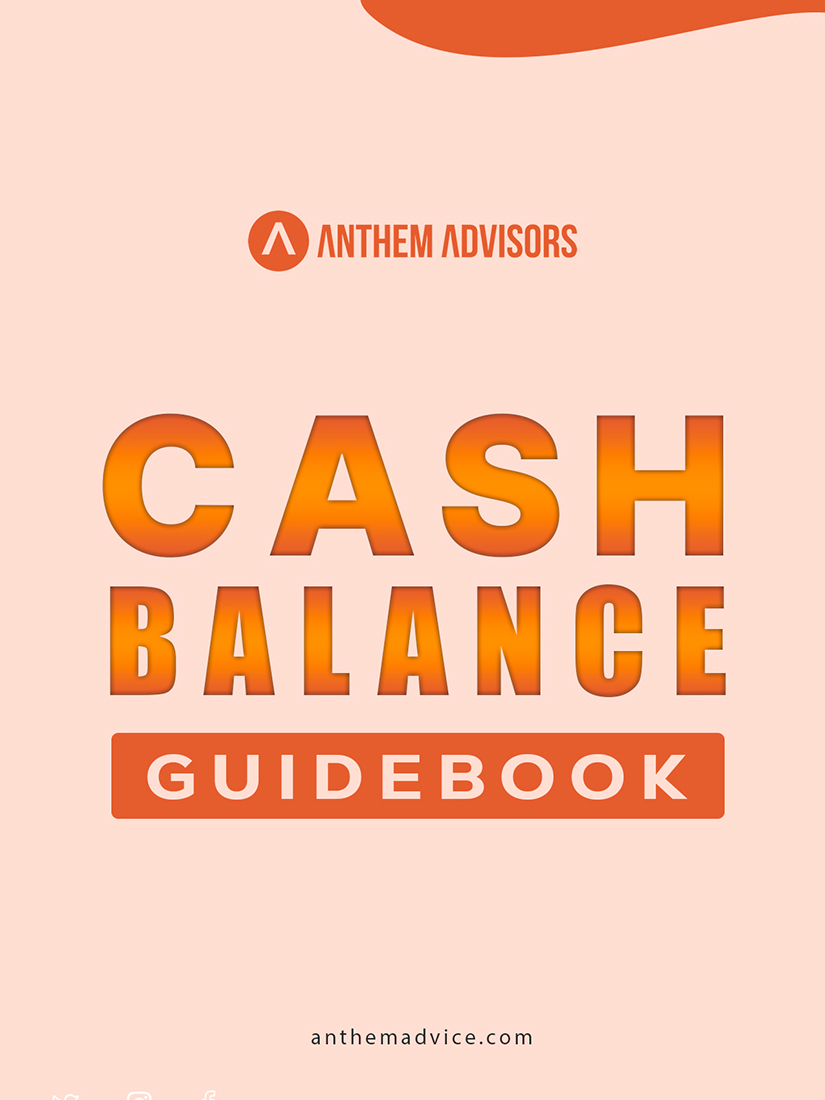This tax season may be a bit different for many Americans, due to economic uncertainty and changes amidst the COVID-19 pandemic. Giving your tax return a bit of extra attention and effort could help avoid problems or identify additional opportunities. Here are six tips investors may want to try before filing their 2020 taxes.
Tip #1: Start Preparing Early
There were some major financial changes we experienced in 2020 thanks to the coronavirus. The IRS issued approximately 160 million Economic Impact Payments which totaled over $270 billion, some small businesses received Paycheck Protection Program loans to stay afloat and millions of Americans filed for unemployment.1
With all of this economic uncertainty, tax filers should work with their tax preparer to determine how government assistance received in 2020 will be reflected when filing in 2021. By starting early, one has time to adjust and make changes to address an increase or decrease in their tax obligations this season.
Tip #2: Report All Earnings
Seven years ago, the IRS aggressively enhanced its ability to match income reporting to find possibilities of underreported income, particularly with those who receive 1099 and 1098 interest reporting.2 To best avoid penalties or an audit, report everything you know you earned, even if it was never paid as a paycheck – such as prize money, dividends or another form of passive income.
Tip #3: Don’t Claim It If You Can’t Prove It
If a tax filer claims a deduction on their taxes, they need to be able to prove it with the proper documentation or paperwork.
There’s a lot of this type of play in the investor world, whether it’s real estate preparation costs for house-flipping or broker commissions for stock trades. Either way, you need receipts and objective documentation to prove your costs. No matter how experienced your opinion is, that simply is not enough evidence.
Tip #4: Offshore Reporting Is Required
With a global market, the opportunity for offshore investing is far greater now, and that includes income invested in foreign accounts. If you have investments such as these, remember to report any interest or profit gains. The IRS proactively checks with foreign banks and can easily obtain accountholder records. Those who omit or fail to report such investments may face a costly penalty.
Tip #5: Think About Going Long
It’s easy to get caught up in the chase for short turnarounds on a stock, but your capital gains taxes may be lower if you hold onto your investments longer than the short-term period. If you’re already in a good position with a stock and want to save on taxes, you may choose not to give up your profits on a short sale.
The 2021 tax filing will be a big change for some, but that doesn’t mean you can’t plan for it. If this past year has taught us anything, it’s the importance of being prepared, so the earlier you start working on your taxes, the more room you have to maneuver and make the necessary changes.
- https://www.irs.gov/coronavirus/economic-impact-payment-information-center
- https://www.irs.gov/pub/irs-news/reducing_the_tax_gap.pdf
This content is developed from sources believed to be providing accurate information, and provided by Anthem Advisors. It may not be used for the purpose of avoiding any federal tax penalties. Please consult legal or tax professionals for specific information regarding your individual situation. The opinions expressed and material provided are for general information, and should not be considered a solicitation for the purchase or sale of any security.









